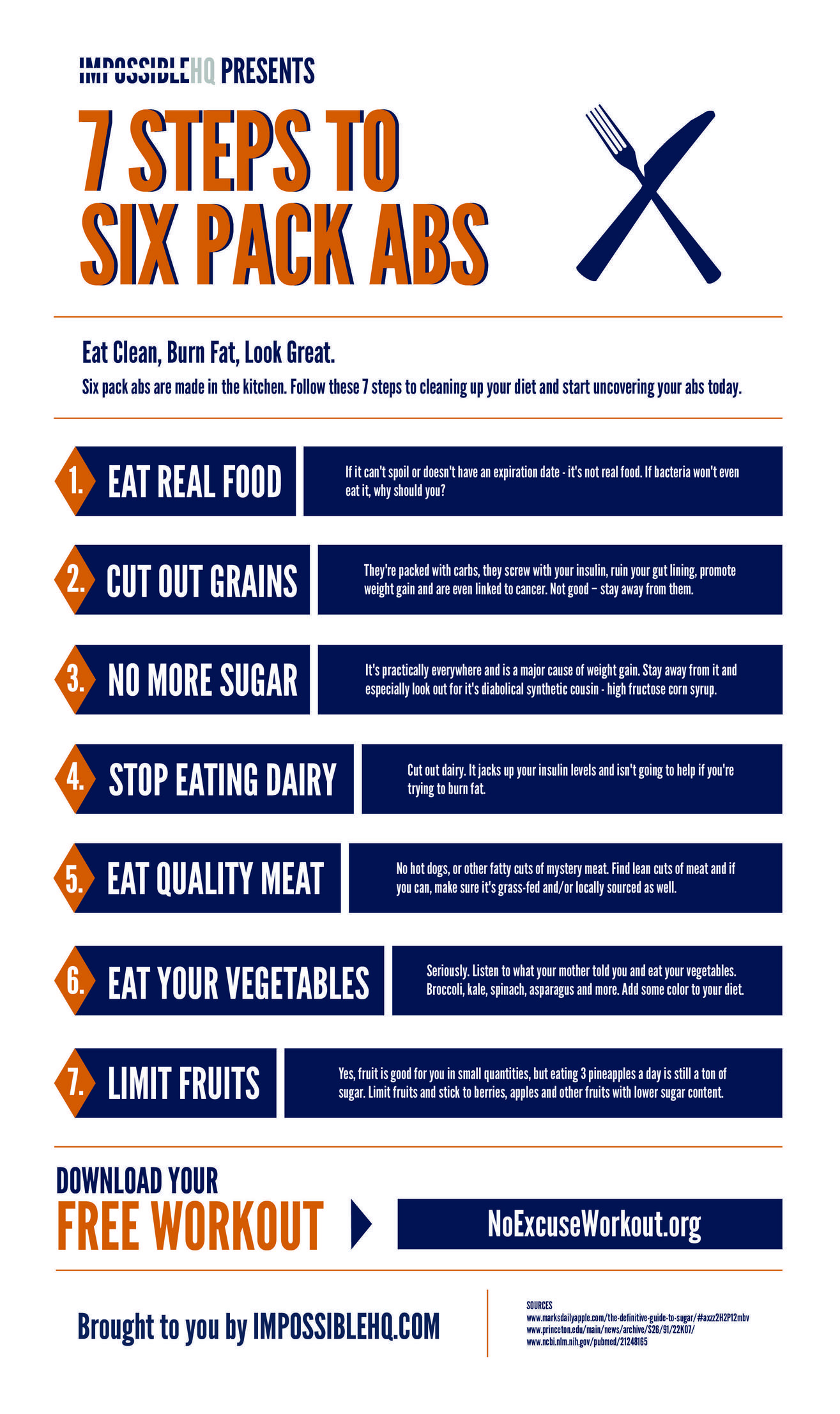
You can stay healthy by following these proven tips and avoiding common blunders. These include regular medical checks, healthy eating and exercise. HealthifyMe offers 12 tips to help women live longer and stay healthy. These tips are based on personal experience and information you can use to improve your overall health. We hope these tips will be helpful to you. Continue reading for more information. They may prove useful to you, too.
Exercise
Women need to exercise regularly as it helps relieve stress and improves health. Many women are too busy with their household chores, children rearing, and paid work to make time for exercise. However, even a 10-minute session of exercise can provide the same health benefits that a longer workout. Even if you don’t have time to exercise for 30 minutes, you can still do home-based activities.
Healthy eating
A varied diet that includes healthy foods such as fruits and vegetables, lean protein, and low-fat dairy products is a good choice for women. Women should eat a wide variety of fruits and vegetables, but avoid processed foods. For women, lean cuts like chicken and beef make the best protein options. These meats are high in quality protein. Women require different amounts of protein in different stages of life.

Stress management
Many doctors recommend a balanced approach to stress management and healthy lifestyle choices for women. Healthy eating, regular exercise as well as a positive outlook and quitting smoking are some of the best ways to manage stress. Talk to your doctor if you are struggling with stress. It is essential to take care of your body on all levels. Stress can have many negative effects on your mind and body. If you feel like you're drowning in your stress, consider taking steps to reduce it.
Regular medical screenings
Women should have regular medical screenings. However, it is possible to prevent some diseases. As an example, nearly 30 percent Americans are high in cholesterol. This increases their risk of stroke and heart attack. It's important to talk to your doctor about this condition if you have a family history. High blood pressure, commonly referred to as "the silent killer", is another health risk.
Maintaining a healthy weight
For overall well-being and health, it is important to manage a woman's body weight. For a healthy weight, eating well and getting enough exercise is key. Excessive weight can negatively impact almost all aspects of a person’s health, including their reproductive, pulmonary, cognition and mood. An overweight and obese woman is at greater risk for a host of diseases, such as heart disease and diabetes.

Sleeping enough
You need to get enough sleep for your physical and mental health. Adults need 7 to 8 hours sleep each night. Yet, about a third of Americans do not get enough sleep. Both men and women are affected by sleep-related problems in a similar way, but women are more susceptible to these problems. In addition, women experience more physical and emotional consequences from inadequate sleep than do men. National Women's Health Week takes place May 10-16. Women need to get enough sleep, which should be considered one of their top health tips.
FAQ
What can you do if you are experiencing mental health issues
It is crucial to seek out help if you are struggling with any mental health issues. It is possible that you have been subject to abuse or trauma in the past. It's possible that this has affected how you think about yourself.
Another type of mental illness you might be experiencing is an addiction or eating disorder. These disorders can lead to severe life-altering consequences.
They shouldn't be dealt with on their own. Talk to someone who is familiar with the subject. A professional therapist will be able to provide you with the support and guidance that you need in order to overcome these problems.
Why is students' mental health important?
Mental health is essential for students as they must be able to concentrate on school while also being able to learn well academically. You can't do well at school if your mind isn't in the right place. Students who suffer from depression often miss class, which leads to poor grades. This could lead to students dropping out of high schools and eventually going to college.
If you're struggling with depression, you should speak to your parents or teachers. They will help you get the treatment you need.
It is important to understand that not everyone with depression needs medication. Talk therapy can be very effective for many people. So, if you're thinking about getting help, then you should consider seeing a counselor.
How do you know if you have a mental illness?
An individual may be diagnosed if they experience symptoms that disrupt their daily activities. There are many symptoms of mental illness. The most common symptoms of mental illness are sadness, anger, guilt, hopelessness and loneliness.
A person may also be diagnosed with a mental disorder if they meet at least three out of four criteria listed below:
-
Are you having trouble with your thoughts or emotions?
-
Disturbed behavior
-
Disruption in functioning
-
A decrease in ability to relate with others
How does mental health affect my relationships?
Your mental state can impact every aspect of your personal and professional life. It affects your ability function properly at school, work, and home. Mental health issues can also make it challenging to form meaningful relationships.
A mental health condition can make it easy to isolate oneself from others. Sometimes you might avoid social situations because it feels like no one understands.
However, it's important to remember that people want to be around you. You just have to be approachable.
Talking to others about your feelings can help you connect with them. Tell them how you're feeling and ask them for their advice.
Why is mental health important?
Play, work, learning, and love are all important. Our mental health is a reflection of our overall well-being. Mental health refers to the many factors that affect us daily, including our physical, psychological, spiritual, social, and environmental well-being. The good news is that there are many ways to care for yourself mentally, physically, emotionally, spiritually, socially, and environmentally. You don’t have to do it all. Just get started!
Understanding where you are now is the first step to improving your mental health. Take this quiz to see if you're doing enough for your mental well-being. If you're not satisfied with your results, you might consider making lifestyle changes.
Congratulations! Consider the following tips to improve and maintain your mental well-being.
-
Get Enough Sleep. A good night's sleep is essential for keeping your brain healthy and sharp. The American Academy of Pediatrics (AAP), suggests that you get 7-8 hours of rest each night.
-
Exercise Regularly. Exercise releases endorphins which can make you happy and less likely be stressed. Aim for 30 minutes of exercise five times per week.
Are there any problems with me if my depression is persistent?
Teens are often affected by depression. However, it's important to realize that many teenagers struggle with depression.
This doesn't mean that you're crazy or weak. Many people are unaware that they are suffering from depression. Depression is a medical condition.
There are several kinds of depression. Some people feel only sadness. Others experience other emotions. There are different degrees of severity.
Some people experience mild depression, while others have severe cases. It's important to understand that depression isn't always bad. Sometimes, it helps us deal with stressful situations.
If you are feeling unmotivated, sad or tired, it is a good idea to see a doctor. Your doctor can diagnose you, and help you decide whether treatment is necessary.
Are mental health and work more important than mental health?
It is vital that everyone has a good mental health, especially those who work. If you feel stressed at work, you should try to relax by doing something fun like going out with friends, taking a walk outside, or listening to music.
Talking to your boss is a good idea if you have trouble relaxing. You might find ways to reduce your stress.
You must also care for your physical well-being. You should eat right, exercise, and get plenty of rest.
Statistics
- It means no drinking any alcoholic beverages and no taking any drugs that aren't 100% natural.
- Similarly, for positive mental health, there is likely to be substantial agreement about some typical components (e.g., resilience to stress) 6, and controversy about more atypical components (e.g., career consolidation). (ncbi.nlm.nih.gov)
- Similarly, while there is some agreement about the boundaries of typical mental disorders 2, there is likely less agreement about those for positive mental health. (ncbi.nlm.nih.gov)
- According to the National Alliance of Mental Illness (NAMI), one in five Americans experiences mental health issues which translates to more than 40 million adults a year. (doctorondemand.com)
- Appropriate nutrition and exercise are likely among the most efficacious and cost-effective positive mental health interventions. (ncbi.nlm.nih.gov)
External Links
How To
Why Is Mental Health Essential, And What Steps Can You Make To Improve It
Mental health refers both to your mind and your emotional well-being. It impacts how you feel and think, behave, relate to other people, sleep, eat work, learn, and have fun.
Everyone needs to know about mental health. When we refer to mental health, we often refer to depression. Depression is a serious illness that strikes millions of Americans each and every year.
Because it requires medical intervention, depression is sometimes called clinical depression. However, there are many forms and severity levels of depression.
According to the National Institute of Mental Health, depression is "a common mood disorder that causes depression most of the time, a loss of interest in nearly all activities, feelings of guilt, low self-worth, disturbed sleep, appetite, poor concentration, thoughts of suicide or death."
There are many ways that people experience depression. People may feel sad, helpless, irritable and anxious. They might also feel worthless, guilt, worthless or tired. Others might feel numb or empty, restless and agitated, angry, fearful and/or scared. Some may feel nothing.
Depression can be managed. There are medications, psychotherapy, exercise, diet changes, and lifestyle adjustments that can help relieve symptoms. Depression, if left untreated can cause issues at home, school, work and relationships.
While depression is more common among women than in men, it is also more common in boys and men. Depression is the number one cause of disability in the world for women and men between the ages of 15 and 44.